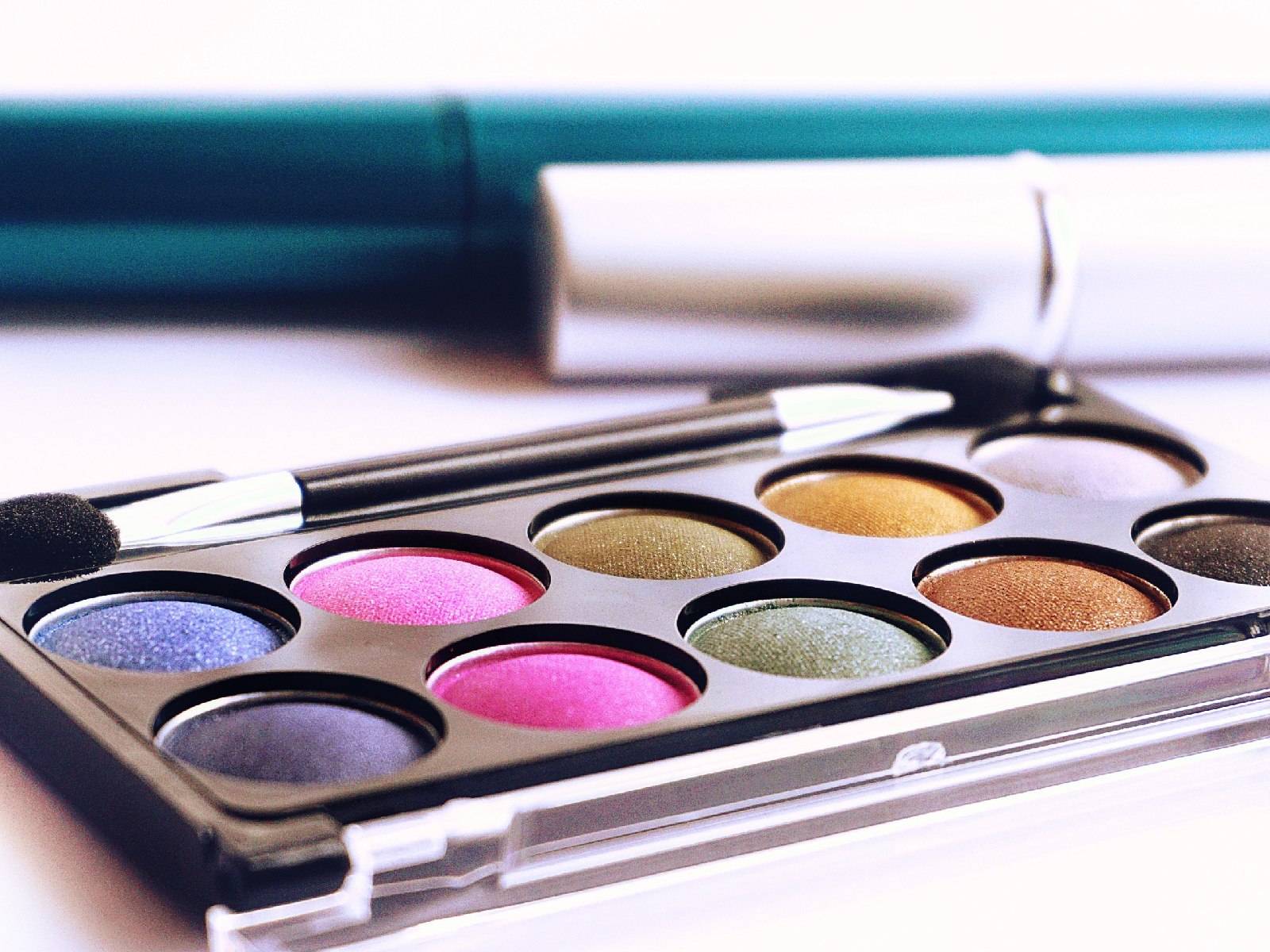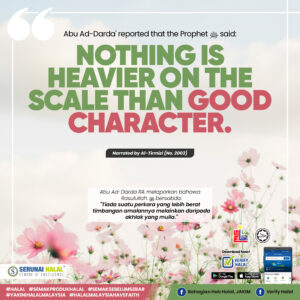This has led to a significant growth of more trendy and stylish Muslims around the globe who are empowering one another through their tips and tricks in the halal cosmetic world.
From the most expensive high-end halal mascara to the cheapest fake toxic lipsticks, beauty enthusiasts are also spreading awareness on how crucial it is to care for our skin.
Being the largest organ, it is essential to care for our skin and to pay close attention to what we apply to it.
Organic, vegan, and cruelty-free cosmetics have also now become the desired standard products due to their benefit to the skin and the environment generally.
While there is an overlap between these ideals and halal cosmetics, halal-certified beauty products guarantee that only clean, safe and wholesome ingredients are used with strict manufacturing and production regulations following Islamic law.
It is also not easy to navigate the halal cosmetic industry and to strike a balance between beauty and faith since there are always new products developed when most of them contain haram or harmful elements.
Statics showed by a market research company, Research Cosmos, estimates the halal cosmetic industry to be worth USD 53.81 Billion by 2025. In the Muslim-majority country Indonesia, this statistic has tempted big brands such as Unilever, L’Oreal, and Beiersdorf to produce halal-certified products to cater to the country’s Muslim demographic.
Modesty is the primordial state of the human being, and it is uniquely intrinsic in Islam.
It is essentially important that every Muslim individual applying make-up or product to the face/body knows whether any harmful ingredients in that merchandise is not in line with Shari’ah and to instead abstain from it.
Make sure to read the ingredients and check for elements such as Lanolin, Glycerine and especially the gelatine status. If it is pork (porcine), beef (bovine), fish (marine) or chicken (poultry).
Most marine shall always be permissible as pork shall be haram, leaving beef and chicken derived gelatine to be determined by its source from either a halal or non-halal slaughtered animal.
To play it safe, ensure that the products you purchase are halal-certified the next time you go for your make up shopping.













Like (38)